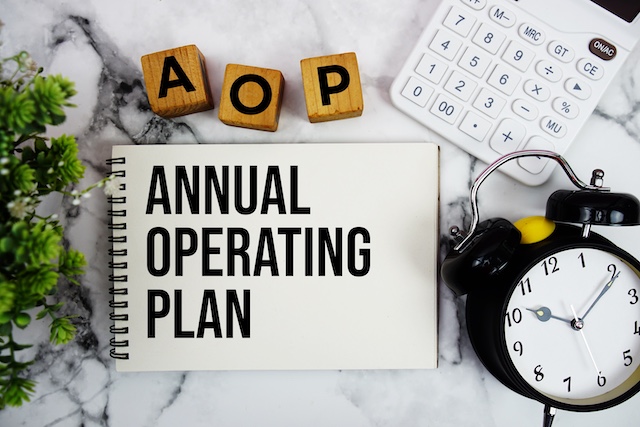What Are Mentorship Programs?
Mentorship programs are structured initiatives that pair experienced employees (mentors) with less experienced colleagues (mentees) to facilitate knowledge sharing, skill development, and professional growth. These programs create formal relationships where mentors offer guidance, support, and advice to help mentees navigate career decisions, enhance performance, and gain new perspectives.
Mentorship can take place one-on-one or in groups, and may be organized around specific goals like leadership development, skill building, succession planning, or onboarding new hires.
Why Mentorship Programs Are Important
Mentorship programs offer significant value for both individuals and organizations, including:
-
Accelerating career growth by providing tailored advice and support
-
Strengthening employee engagement and retention through personalized attention
-
Developing leadership skills as mentors grow through teaching and coaching
-
Transferring knowledge across different generations and levels of the company
-
Promoting inclusion and diversity by ensuring all employees have access to guidance and growth opportunities
When implemented thoughtfully, mentorship programs help build a collaborative, supportive culture that benefits everyone involved.
Why Mentorship Programs Are Relevant in the Workplace
In today’s evolving work environment—characterized by rapid change, skill gaps, and a need for continuous learning—mentorship programs help organizations:
-
Prepare future leaders by investing in skill and leadership development
-
Break down silos and encourage knowledge sharing across teams
-
Enhance talent retention by showing commitment to employees’ personal and career growth
-
Foster a positive culture where experienced employees feel valued and new hires feel supported
-
Create an agile and learning-oriented workforce that can adapt to shifting business needs
By incorporating mentorship into the company culture, organizations cultivate stronger teams, improve performance, and promote a growth mindset that benefits both the business and its people.




